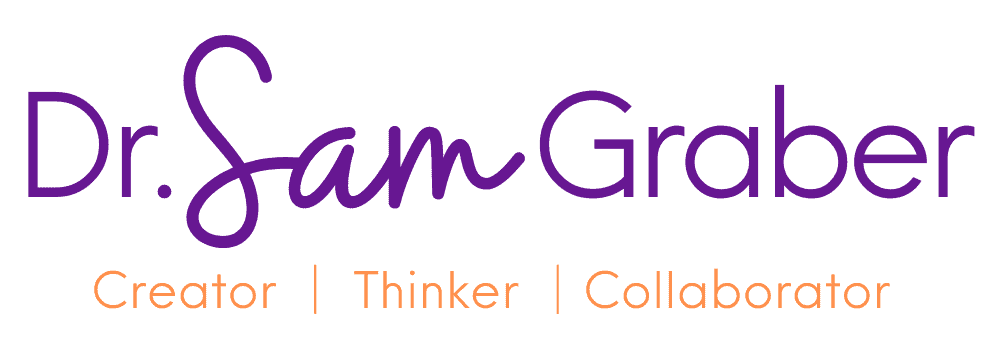
EE 040: Making Mistakes is Better than Faking Perfections
Mistakes are one of the most frustrating parts of life.
They remind us at some of the most inconvenient moments that we are human. That said, they force us to learn the hard lessons. While mistakes are irritating and sometimes difficult to get over, they’re unavoidable in life. The important thing to remember is that the mistake doesn’t matter nearly as much as how we handle it.
Mistakes can either cause us to beat up on our self or provide us with an opportunity to learn something. Mistakes, though frustrating, can be excellent teachers when permitted. Within this blogpost, I’ll walk you through how you can turn your mistakes into your greatest learning opportunities.
Do you learn from your mistakes?
The first step in ensuring you handle mistakes well is to identify how you react when you make them. There are two ways our brains deal with mistakes: it shuts down, or it pays closer attention.
How to identify if you’re the hyper-focused type:
For a lot of people, when their brain senses the error made, it switches into high gear. It begins paying closer attention to each detail in the project. This is in an effort to compensate for the mistake made and to prevent future mistakes from happening.
How to identify if you’re the shut-down type:
If you’re the type of person who closes off at the first sign of a mistake, your brain goes into defense-mode once it identifies the error. If you find that your knee-jerk reaction when you make a mistake is to defend yourself or to deny it, you’re the shut-down type. This prohibits learning from your mistakes, making you more likely to repeat them. If your brain shuts off and goes into defense-mode when you make a mistake, you’re not likely to learn from them. There is a way to work on, and change, this automatic response.
“Insanity: doing the same thing over and over again and expecting different results.” ~ Albert Einstein
How to change the way you handle mistakes
Admitting there’s a need to change your automatic response is half the battle. Putting in the effort to make the change is the second half…and some would argue the more difficult of the two. There are a few simple steps you can take to institute a behavioral change. This is not an overnight phenomenon. It takes time for these practices to become a regular habit. It is time well spent if you ask your future self.
1) When you make a mistake, pay attention to your reaction.
Focus on how your brain naturally wants to react to mistakes. Slow down when you realize your error. Consciously try to think of how the mistake could help you learn a lesson.
2) If you find yourself getting defensive, take a minute to refocus.
If you find that your instinct to get defensive is taking over, take a minute to find your focus again. Force yourself to stop in your tracks and change how you’re viewing your mistake.
3) Keep in mind that the mistake will help you learn.
Growing is a crucial part of life. And mistakes are essential to that growth. As long as you make every effort to remember that mistakes lead to learning and foster our growth, you can get through it.
4) Decide on a different approach.
An important part of trying to change your behavior is allowing a little creativity in finding the solution. For example, a good starter mental change could be to think the sentence “I will learn from this” every time you make a mistake. Find a phrase that is helpful to you. Sometimes I simply say…”put that one in the ‘been there, done that, got the t-shirt’ pile Boss”. “Boss” referring to me and my role as the boss of my life. I have a wide array of t-shirts, by the way.
Mistakes are often challenging to deal with, but they’re a necessary part of growth and a natural part of life. Our mistakes can be our greatest teachers, but the trick is we have to allow them to be. How you handle mistakes is a powerful tool in your toolbox for life.
